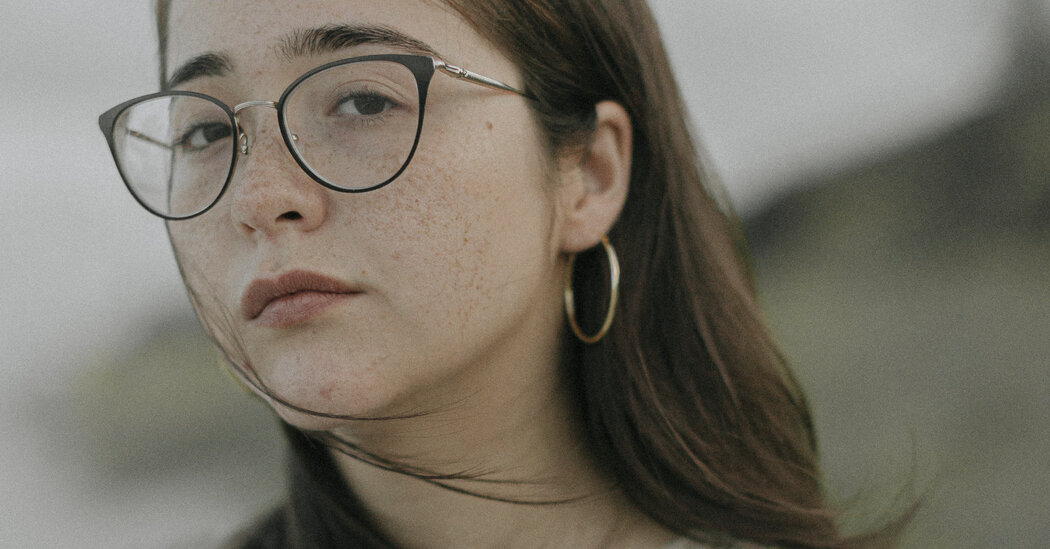Most mornings, before walking into City Hall in Hallandale Beach, Fla., a small city north of Miami, Sabrina Javellana would sit in the parking lot and monitor her Twitter and Instagram accounts. After winning a seat on the Hallandale Beach city commission in 2018, at age 21, she became one of the youngest elected officials in Florida’s history. Her progressive political positions had sometimes earned her enemies: After proposing a name change for a state thoroughfare called Dixie Highway in late 2019, she regularly received vitriolic and violent threats on social media; her condemnation of police brutality and calls for criminal-justice reform prompted aggressive rhetoric from members of local law enforcement. Disturbing messages were nothing new to her.
Listen to this article
The morning of Feb. 5, 2021, though, she noticed an unusual one. “Hi, just wanted to let you know that somebody is sharing pictures of you online and discussing you in quite a grotesque manner,” it began. “He claims that he’s one of your ‘guy friends.’”
Javellana froze. Who could have sent this message? She asked for evidence, and the sender responded with pixelated screenshots of a forum thread that included photos of her. There were comments that mentioned her political career. Had her work drawn these people’s ire? Eventually, with a friend’s help, she found a set of archived pages from the notorious forum site 4chan. Most of the images were pulled from her social media and annotated with obscene, misogynistic remarks: “not thicc enough”; “I would breed her”; “no sane person would date such a stupid creature.” But one image further down the thread stopped her short. She was standing in front of a full-length mirror with her head tilted to the side, smiling playfully. She had posted an almost identical selfie, in which she wore a brown crew-neck top and matching skirt, to her Instagram account back in 2015. “It was the exact same picture,” Javellana said of the doctored image. “But I wasn’t wearing any clothes.”
There were several more. These were deepfakes: A.I.-generated images that manipulate a person’s likeness, fusing it with others to create a false picture or video, sometimes pornographic, in a way that looks authentic. Although fake explicit material has existed for decades thanks to image-editing software, deepfakes stand out for their striking believability. Even Javellana was shaken by their apparent authenticity.
“I didn’t know that this was something that happened to everyday people,” Javellana told me when I visited her earlier this year in Florida. She wondered if anyone else had seen the photos or the abusive comments online. Several of the threads even implied that people on the forum knew her. “I live in Broward County,” one comment read. “She just graduated from FIU.” Other users threatened sexual violence. In the days that followed, Javellana became increasingly fearful and paranoid. She stopped walking alone at night and started triple-checking that her doors and windows were locked before she slept. In an effort to protect her personal life, she made her Instagram private and removed photographs of herself in a bathing suit.
